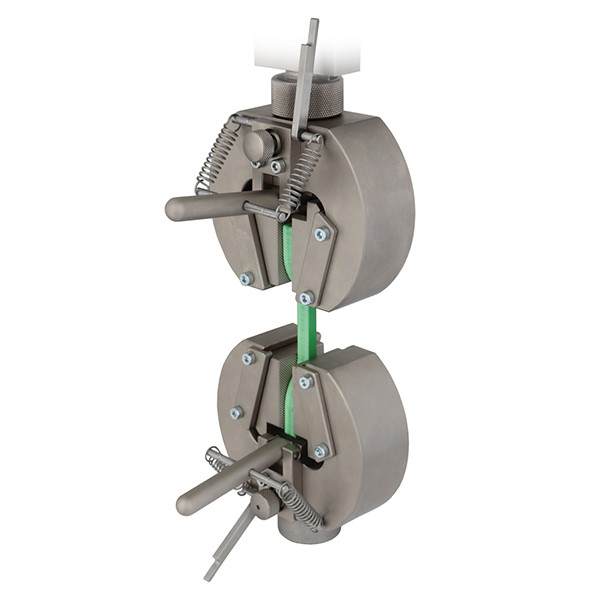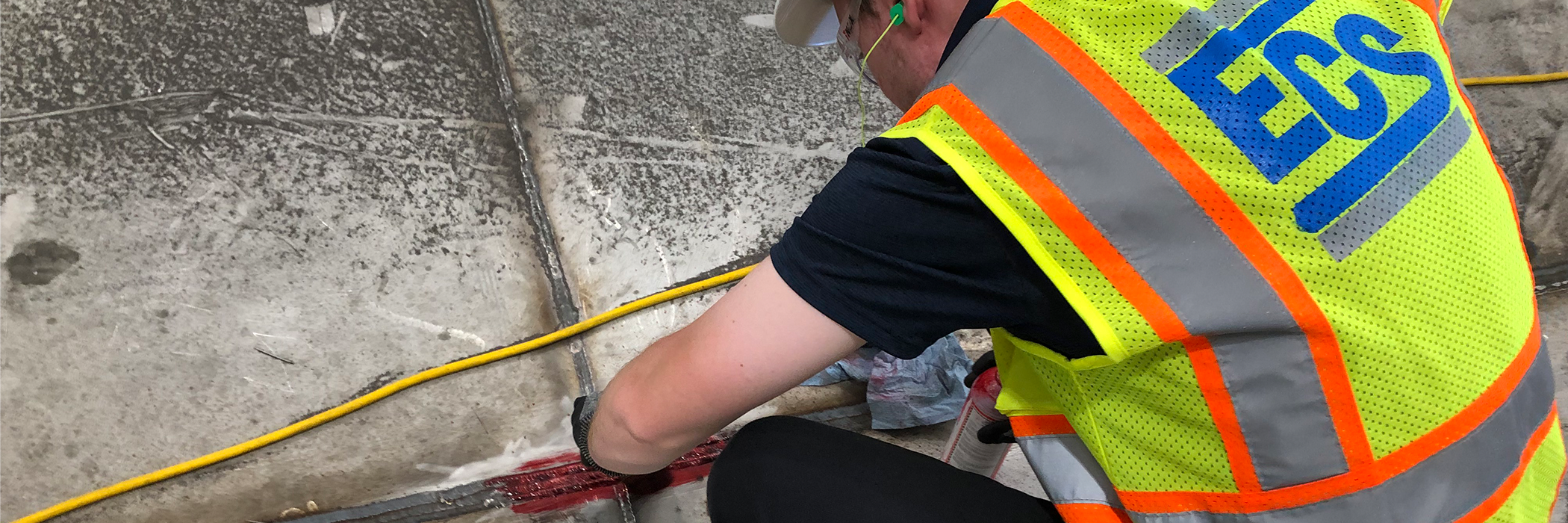Uncover the Potential: Materials Test Lab Insights for Success
Wiki Article
Precision Testing of Materials for Stamina and Durability
Accuracy screening of products for toughness and resilience plays a crucial function in various sectors, consisting of design, production, and building. This procedure includes subjecting various products to rigorous assessments to determine their capacity to endure exterior pressures and maintain their integrity over time.Worldwide of materials testing, accuracy is extremely important. Researchers and designers depend on precise and reputable data to make informed decisions about material selection, design optimization, and product performance. By making use of sophisticated screening techniques and state-of-the-art tools, experts can examine the strength and sturdiness of a wide range of products, such as steels, polymers, ceramics, and composites.
This intro will certainly give understandings right into the significance of precision testing, the types of products commonly based on screening, the crucial criteria for stamina examination, and the strategies made use of for sturdiness evaluation. It will additionally highlight the applications and advantages of performing accuracy testing in various industries.
Importance of Accuracy Testing
Accuracy screening is an essential action in examining the strength and resilience of products, supplying exact and reputable data for informed decision-making. When it comes to manufacturing and construction industries, the top quality and performance of products play an important role in making certain the security and long life of frameworks and products (materials test lab). Therefore, carrying out accuracy testing is of utmost value to identify whether the products fulfill the required requirements and requirements.By subjecting products to extensive testing engineers, procedures and producers can analyze their mechanical buildings, such as tensile toughness, hardness, and impact resistance. This information allows them to ensure that the materials can endure used forces and ecological problems without failing or destruction with time. Furthermore, precision testing helps identify any prospective problems or weaknesses in the materials, enabling suppliers to make needed enhancements or alterations to improve performance and reliability.
Furthermore, precision screening gives unbiased and measurable information that can be made use of to make and compare different materials educated choices about their suitability for specific applications. When selecting materials for vital components or frameworks where failure might have severe effects., this info is specifically important.
Sorts Of Products Subjected to Evaluating
Numerous materials are subjected to testing for strength and toughness. This testing is essential to make certain that the materials can stand up to the demands of their desired applications and to determine their anticipated life expectancy. The kinds of products subjected to testing vary and include steels, polymers, porcelains, composites, and building materials.Metals, such as steel and light weight aluminum, are commonly checked for their tensile stamina, hardness, and resistance to deterioration. materials test lab. These tests aid identify their suitability for use in architectural applications, machinery, and various commercial procedures

Ceramic products, such as porcelain and ceramic tiles, are tested for their compressive toughness, warm resistance, and toughness. These examinations guarantee that ceramics can withstand severe settings and high temperature levels, making them appropriate for applications in the building, electric, and aerospace industries.
Compounds, which are products made from a mix of different parts, undergo different tests to analyze their mechanical properties, such as influence, tightness, and strength resistance. Composite products are extensively utilized in industries such as aerospace, vehicle, and sporting activities equipment manufacturing.
Building products, consisting of timber, concrete, and asphalt, go through screening to determine their load-bearing capability, sturdiness, and resistance to weathering. These examinations are vital in guaranteeing the security and durability of structures, roads, and bridges.
Key Criteria for Strength Evaluation
One of the essential specifications for stamina assessment is the tensile toughness, which measures a material's capability to resist drawing pressures without breaking or warping. An additional vital parameter is the compressive toughness, which evaluates a material's resistance to squashing or being pressed together. By assessing these crucial criteria, scientists and designers can properly assess the toughness and sturdiness of products, allowing them to make informed decisions in different sectors such as aerospace, auto, construction, and manufacturing.

Strategies for Sturdiness Assessment
Resilience assessment techniques are important for evaluating the lasting performance and reliability of materials. These strategies are vital in figuring out the ability of products to stand up to various ecological problems and mechanical tensions over expanded periods of time. One commonly utilized strategy is increased aging, which includes subjecting materials to sped up ecological conditions such as heats, moisture, and UV radiation. This allows scientists to imitate the effects of long-term direct exposure in a much shorter period, allowing them to analyze product degradation and anticipate its efficiency over time.One more strategy is cyclic screening, which entails subjecting products to duplicated loading and unloading cycles. This assists evaluate the material's tiredness resistance and its capability to hold up against repeated stress without failure. By assessing the Click Here stress-strain action of the material during cyclic testing, researchers can determine prospective powerlessness and evaluate the material's sturdiness.
Furthermore, non-destructive screening methods such as ultrasonic screening and infrared thermography can be employed to analyze the inner stability and find any type of defects or damage in the product. These techniques supply beneficial info about the material's resilience without causing any damage to it.
Applications and Benefits of Precision Screening
Accuracy testing plays a vital role in evaluating the stamina and sturdiness of products, making it possible for engineers and researchers to acquire precise and trusted data for reviewing their efficiency. The applications of accuracy testing are varied and can be located across numerous sectors, consisting of aerospace, automotive, construction, and production.One of the crucial advantages of precision screening is its capacity to determine prospective weak points or imperfections in products. By subjecting products to regulated and rigorous screening, any kind of issues or susceptabilities can be discovered before they result in devastating failings. This permits producers to make essential renovations or changes to enhance the total high quality and durability of their products.
Precision screening additionally aids in identifying the optimum design and structure of materials. By examining various variations and setups, engineers can identify one of the most suitable materials for specific applications. This leads to improved efficiency, efficiency, and cost-effectiveness in numerous industries.
Furthermore, accuracy screening offers beneficial information for the development and renovation of materials and making processes. materials test lab. It allows researchers to gain a deeper understanding of material habits under various conditions, resulting in the advancement of brand-new products with boosted resilience, efficiency, and strength attributes
Verdict
In verdict, precision screening plays a critical function in assessing the strength and longevity of materials. By subjecting numerous types of materials to strenuous screening, key criteria for toughness analysis can be identified.Accuracy testing is a crucial step in assessing the toughness and resilience of products, providing reputable and accurate data for notified decision-making.Various products are subjected to testing for strength and longevity. The types of materials hop over to here subjected to testing are varied and include metals, polymers, porcelains, compounds, and construction products.
By evaluating the stress-strain reaction my response of the product throughout cyclic screening, scientists can identify potential weak points and examine the product's durability.
In conclusion, precision screening plays an essential function in examining the stamina and sturdiness of products.
Report this wiki page